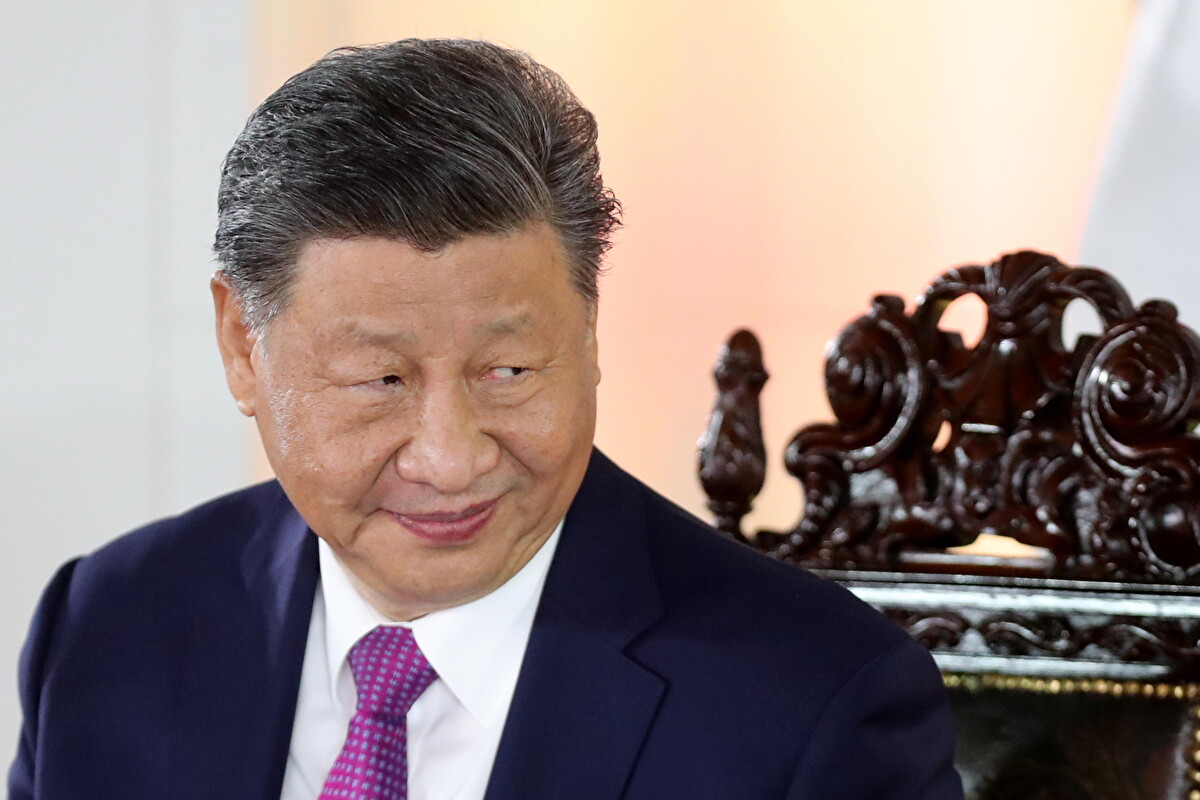On Friday, attorneys representing former President Trump and his co-defendants in Georgia delivered their closing arguments, seeking to disqualify Fulton County District Attorney Fani Willis. They challenged her credibility and motives due to her romantic involvement with a senior prosecutor. Following three hours of legal debate, Judge Scott McAfee expressed his intention to render a verdict within the upcoming two weeks.
Throughout the proceedings, defense attorneys emphasized the importance of maintaining public trust in the justice system. They argued that any perception of impropriety, regardless of its veracity, could undermine the integrity of the case and erode confidence in the legal process. Trump’s legal team portrayed the alleged discrepancies in testimonies as indicative of a broader pattern of deceit, urging the judge to consider the broader implications of allowing prosecutors with potential biases to continue their pursuit of justice.
On the other side, Fulton County prosecutors vehemently defended their integrity and dismissed allegations of misconduct as baseless. They portrayed the defense’s tactics as a desperate attempt to derail the case and shield their clients from accountability. Despite facing scrutiny over their personal relationship, Willis and Wade maintained their commitment to upholding the rule of law and pursuing justice without bias or favoritism.
As the judge deliberated on his decision, the eyes of the nation turned to the courtroom in anticipation of the outcome. The case had captured widespread attention, serving as a litmus test for the resilience of democratic institutions in the face of political polarization and legal wrangling. At stake was not just the fate of the defendants but also the integrity of the electoral process and the principles of accountability and transparency.
Beyond the legal intricacies, the case raised broader questions about the role of prosecutors in a democratic society. Should personal relationships outside the courtroom be grounds for disqualification? How can the justice system ensure impartiality and fairness in politically charged cases? These questions underscored the complexities of navigating the intersection of law, politics, and personal relationships in the pursuit of justice.
As the judge prepared to deliver his verdict, the courtroom buzzed with anticipation and speculation. The outcome would have far-reaching implications, shaping not only the trajectory of the case but also the public’s perception of the legal system’s ability to uphold the rule of law. For Trump and his co-defendants, the stakes could not be higher as they awaited the judge’s decision with bated breath.
In the end, Judge McAfee’s ruling would serve as a defining moment in the legal saga, offering clarity on the standards of conduct expected from prosecutors and the consequences of failing to meet them. Whatever the outcome, the case would leave an indelible mark on the annals of legal history, serving as a cautionary tale of the perils of mixing personal relationships with the pursuit of justice.












